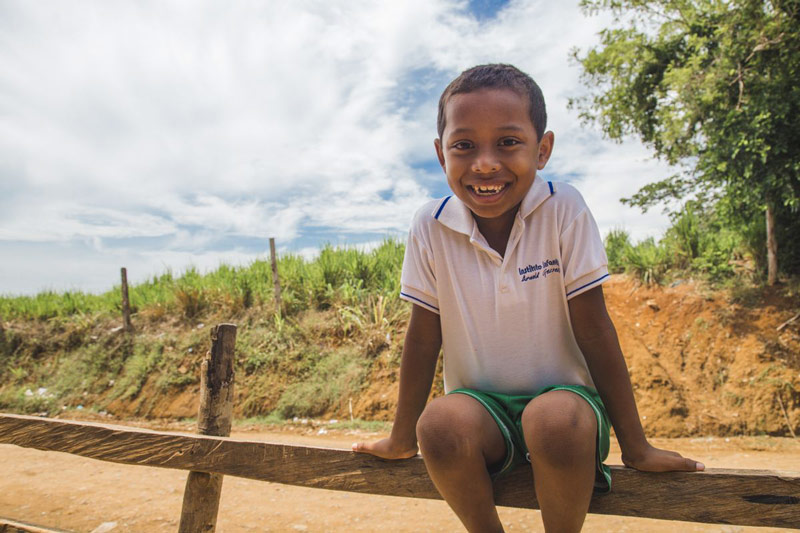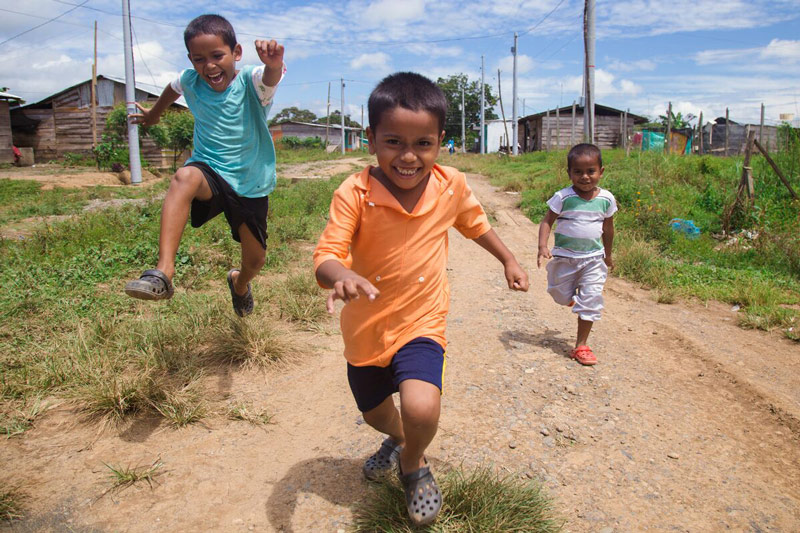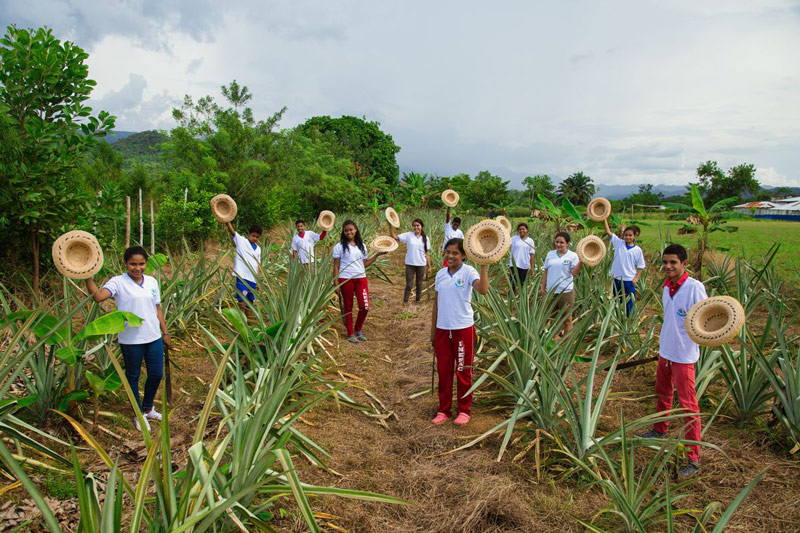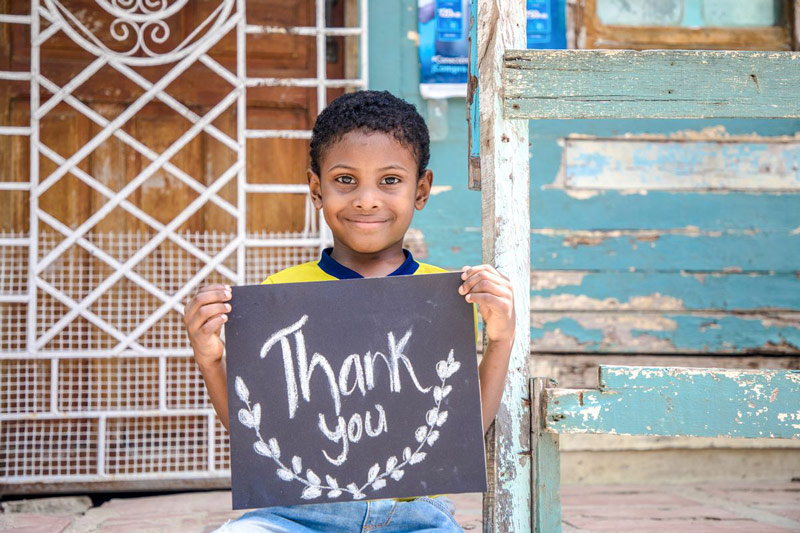Key Challenges in Colombia & Our Response
While Colombia is a beautiful country with so much to explore, it’s also home to many children living in poverty. These children and their families face unique challenges that Compassion is helping them overcome.
Food Insecurity
Around 13 million people in Colombia are moderately or severely food insecure. This means they don’t know where their next meal may come from. Unfortunately, food insecurity leads to malnutrition, which threatens children’s lives and prevents them from growing as God intended.
Our Response: Malnutrition Monitoring and Intervention
Through the Compassion program, we monitor each child we serve for signs of malnutrition and provide the medical and nutritional care they need to get healthy again. For example, we might provide food baskets, nourishing meals or therapeutic feeding.
When children are hungry, they can’t focus in school, are at risk of chronic health issues and may even lose their lives. Compassion is working to prevent these consequences by providing nutrition support to children facing desperate poverty in Colombia.
Child Exploitation
Children living in poverty throughout South America are especially vulnerable to violence and exploitation. This violence can take many forms, from forced child labor to child trafficking and gang violence.
Our Response: Protecting Children From Harm
At Compassion, child protection is our top priority. Each child in our program receives age-appropriate training so they can learn how to stand up for themselves and others. We also train our staff and volunteers, ensuring that they know how to intervene when they see signs of abuse or violence.

A group of children celebrate New Year’s Eve with colorful balloons.
Caption

A boy smiles while sitting on a fence near his home.
Caption

Children learn soccer skills at their child development center.
Caption

A girl sits in a chicken pen holding a chick in her hand.
Caption

Three brothers from northern Colombia smile as they run down a dirt road.
Caption

A baby boy splashes in his bathtub.
Caption

Girls and boys who are learning to farm wave their straw hats to welcome visitors.
Caption

Children learn to practice good hygiene as they stand in line to wash their hands at their child development center.
Caption

A girl smiles as she splashes her feet in the river.
Caption

A boy holds a “thank you” sign to represent his gratitude.
Caption